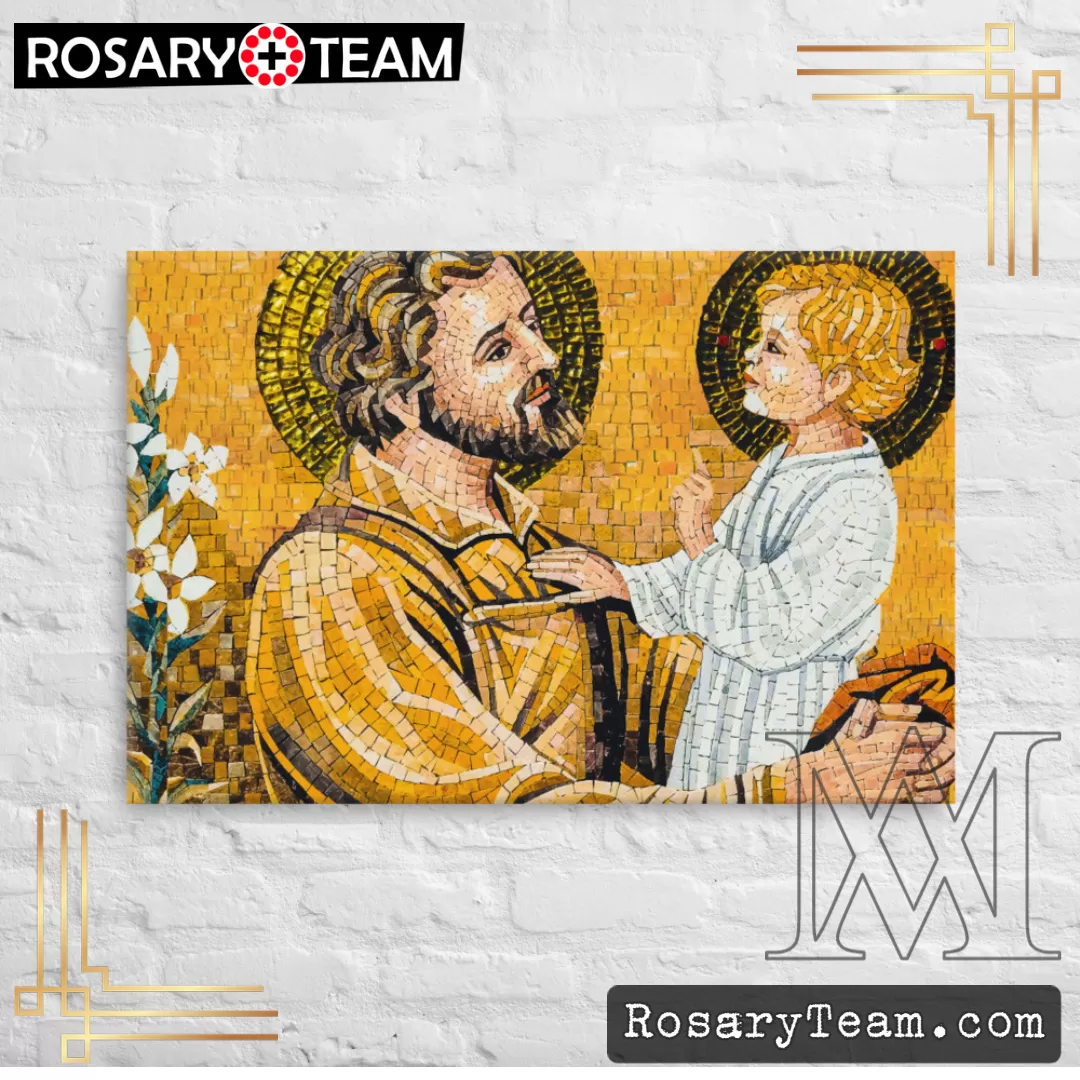Friday, July 22 : Origen

To interpret the parable of the Good Samaritan, one of the elders used to say that the man going down from Jerusalem to Jericho was Adam. He said Jerusalem was paradise, Jericho was the world, and the brigands were enemy powers. The priest was the law, the levite the prophets, and the Samaritan Christ. Adam’s wounds were his disobedience, the animal that carried him was the body of the Lord… and the promised return of the Samaritan, according to this interpeter, was a figure of the Second Coming of the Savior… This Samaritan bore our sins and suffered on our behalf; he carried the half dead man to the inn which takes in everyone, denying no one its help; in other words, to the Church. To this inn Jesus invites all when he says: “Come to me, all who labor and are overburdened, and I will give you new strength” After bringing in the man half dead the Samaritan did not immediately depart, but remained and dressed his wounds by night as well as by day, showing his concern and doing everything he could for him… This guardian of souls “who showed mercy to the man who fell into the hands of brigands” was a better neighbor to him than were either the law or the prophets, and he proved this more by deeds than by words. Now the saying: “be imitators of me as I am of Christ” makes it clear that we can imitate Christ by showing mercy to those who have “fallen into the hands of brigands”. We can go to them, bandage their wounds after pouring in oil and wine, place them on our own mount, and bear their burdens. And so the Son of God exhorts us to do these things, in words addressed not only to the teacher of the law but to all of us: “Go and do likewise.”
maronite readings – rosary,team
















